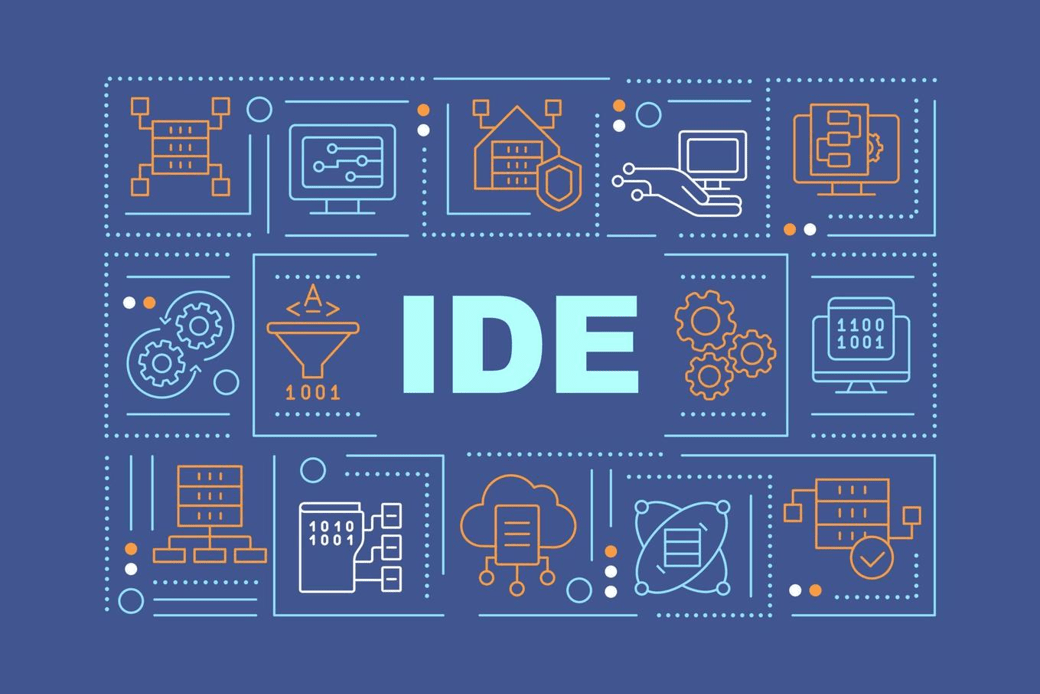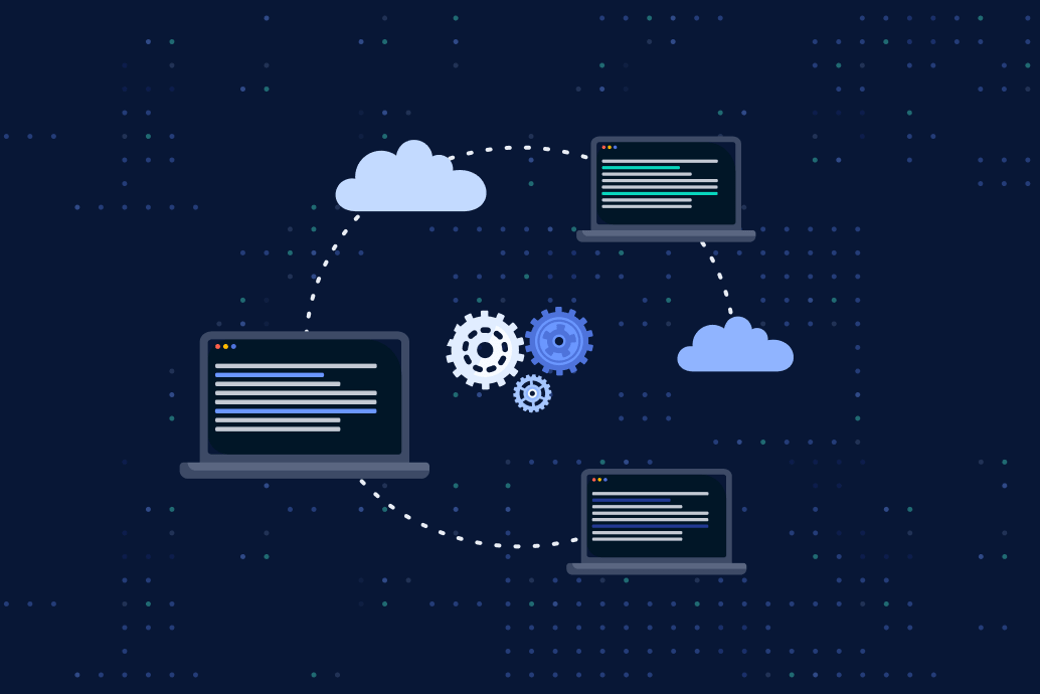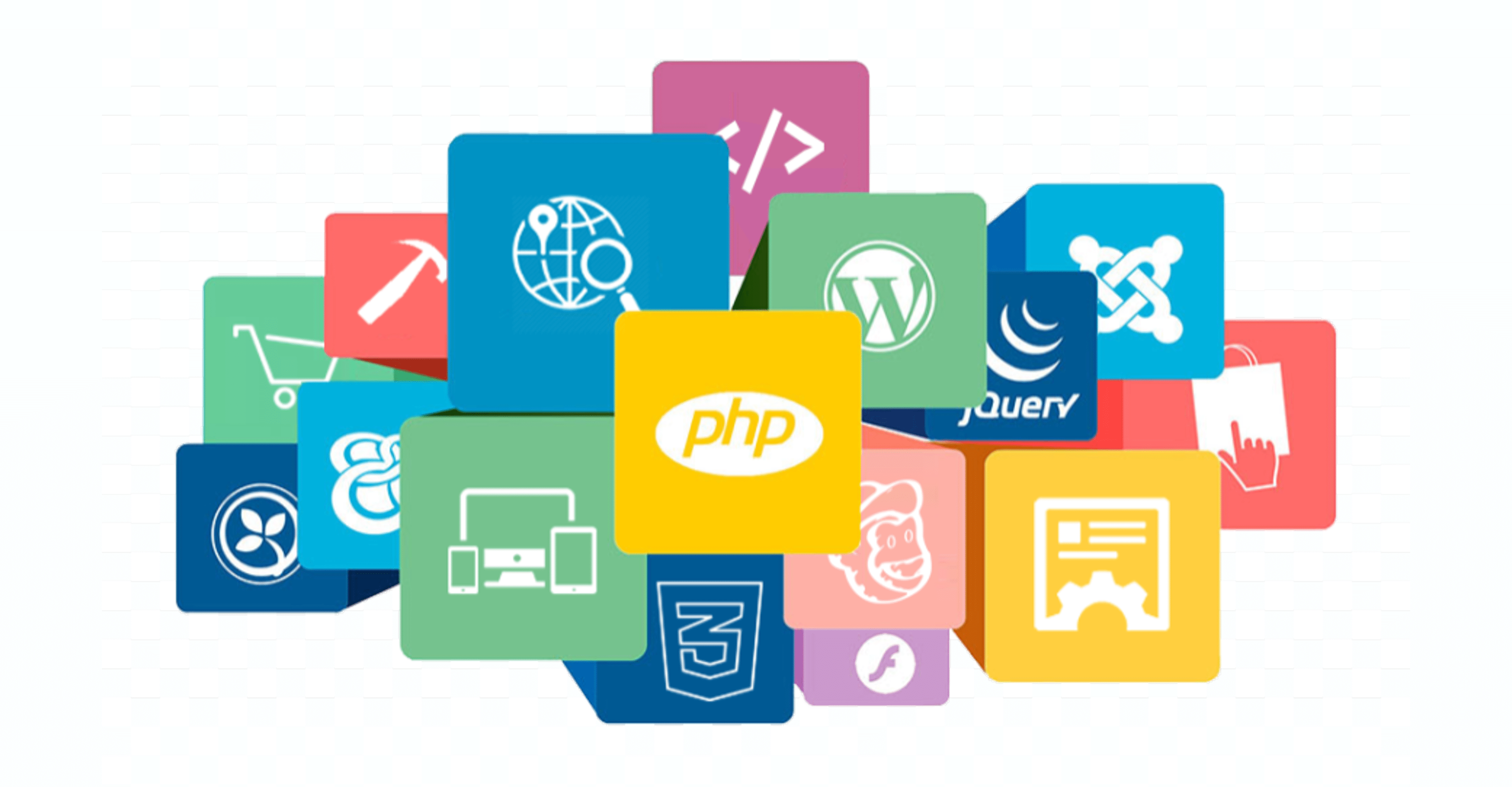In the ever-evolving landscape of software development, staying up-to-date with the right software development tools isn’t just about keeping pace; it’s about leading the charge.
At EliteCoders, we’re not just observers of this dynamic world; we’re active participants, constantly exploring and adapting to the latest in technology. This dedication drives our understanding of how pivotal these tools are in not only enhancing productivity but also elevating the quality of code that defines the digital era.
As we venture into the future, this article aims to be your compass in the vast sea of software development tools, guiding you to those that are indispensable.
In navigating these waters, it’s crucial to recognize that the right set of tools can vary based on individual needs and project demands. However, some tools stand out as universally beneficial. Here are three key reasons why keeping abreast of these tools is crucial:
- Increased Efficiency: The right tools can automate mundane tasks, streamline processes, and reduce the likelihood of errors, thereby significantly boosting a developer’s efficiency.
- Collaboration and Integration: In a world where remote work and distributed teams are becoming the norm, tools that facilitate seamless collaboration and integration are indispensable.
- Quality and Security: With the increasing complexity of software applications, tools that aid in maintaining code quality and ensuring security are no longer optional but essential.
As we delve deeper into each category of tools, from Integrated Development Environments (IDEs) to cloud-based solutions, our goal is to provide not just a list but a roadmap.
This roadmap is tailored to guide both budding and experienced developers at EliteCoders through the nuances of each tool, helping them make informed decisions that align with their project needs and personal development goals.
Stay tuned as we explore the tools of the trade that are reshaping the landscape of software development this year and beyond.
Integrated Development Environments (IDEs): The Powerhouses of Coding

What makes a great IDE?
Integrated Development Environments are the backbone of software development. IDEs like Visual Studio Code, IntelliJ IDEA, and Eclipse have become synonymous with efficient coding. They offer a plethora of features, including syntax highlighting, code autocompletion, and integrated debugging tools. These features not only bolster productivity but also enhance code quality.
Real-World Impact of IDEs
A senior developer at a leading tech firm shared, “Using an advanced IDE has slashed our coding time by half while drastically reducing errors.” This real-world affirmation underscores the transformative impact of IDEs on the coding landscape.
Choosing Your Code Editor: A Critical Decision
The Contenders
When it comes to code editors, choices abound. Visual Studio Code stands out for its versatility, whereas Atom shines in user-friendly design, despite its plugin management challenges. Brackets and Notepad++ also offer unique advantages, catering to specific development needs with features like syntax highlighting and code completion.
Making the Right Choice
Selecting the right code editor hinges on understanding your project requirements and personal coding style. Each editor, with its own unique strengths and limitations, caters to different aspects of web development.
Version Control Systems: The Heart of Collaborative Coding

Why Git Reigns Supreme
Version Control Systems are vital in today’s collaborative coding environments. Git, with its distributed nature, has become a developer favorite. It offers unmatched flexibility in tracking changes, merging branches, and streamlining collaboration.
Exploring Alternatives
While Git dominates, alternatives like Mercurial and Subversion hold their ground, offering different approaches to version control. Understanding these options allows developers to choose a system that aligns best with their project dynamics.
Continuous Integration and Deployment: Streamlining Your Workflow
The Role of CI/CD Tools
Tools like Jenkins, CircleCI, and Travis CI have revolutionized the way we automate the build, test, and deployment processes. Jenkins, with its vast plugin ecosystem, offers unparalleled customization, while CircleCI’s cloud-based infrastructure ensures scalability and efficiency.
Jenkins: A Closer Look
Jenkins particularly stands out for its continuous integration prowess. It automates code testing and merging, helping developers detect errors early and maintain code stability. Its scalability is a boon for teams of all sizes, ensuring efficient resource utilization.
Agile Project Management Tools: Organizing for Success

The Agile Advantage
In the Agile-dominated software development world, tools like Jira, Trello, and Asana are indispensable. They bring clarity and structure to the chaotic world of project management. These software development tools facilitate task tracking, sprint planning, and real-time collaboration, which are essential for agile teams.
Jira: A Deep Dive
Jira, in particular, has evolved to become more than just an issue-tracking tool. It’s now a comprehensive solution for Agile and Scrum methodologies.
The tool’s ability to integrate with CI/CD tools, coupled with its advanced reporting capabilities, makes it a favorite among developers. “Jira’s intuitive UI and ticket filtering system streamline our project management process, significantly enhancing team productivity,” notes a project manager at a tech startup.
Bug Tracking and Issue Management: The Backbone of Quality Assurance
Maintaining Code Quality
The ability to track and manage bugs is vital in software development. Tools like GitHub offer robust functionalities for bug tracking, code review, and team collaboration. GitHub’s user-friendly interface and seamless integration with other software development tools make it a go-to platform for developers worldwide.
GitHub: More Than Just a Repository
GitHub stands out not just for its version control capabilities but also for fostering collaborative software development. It’s a hub where developers can share code, track progress, and engage with a global community of programmers.
Real-Time Collaboration Tools: Bridging the Distance

The Era of Remote Work
With remote work becoming the norm, real-time collaboration tools like Slack have become essential. Slack’s messaging, file sharing, and video conferencing capabilities ensure seamless communication among dispersed teams.
Why Slack?
“Slack has revolutionized our team’s communication,” says a remote team lead. “Its real-time messaging and integration with other development tools have streamlined our workflows, making remote collaboration as effective as in-person meetings.”
Testing Frameworks: The Guardians of Code Integrity
Ensuring Robustness in Code
A solid testing framework is non-negotiable for quality software development. PyTest, for instance, shines in the Python ecosystem with its readable syntax and powerful assertions. These frameworks enable developers to write tests that are both comprehensive and maintainable.
The Impact of PyTest
A software engineer shares, “PyTest has simplified our testing process. Its extensibility and integration capabilities have allowed us to customize our testing environment, ensuring our code is robust and reliable.”
Security and Code Quality Tools: Ensuring Excellence
The Pillars of Secure Coding
In an era where security breaches and vulnerabilities are rampant, tools dedicated to code security and quality assurance are no longer optional. Static analysis tools, security scanners, and code quality checkers play a crucial role in identifying potential vulnerabilities and maintaining high coding standards.
Real-life Impact of Security Tools
A cybersecurity expert at an IT firm shared, “Implementing code quality tools in our workflow has significantly reduced vulnerabilities in our software. It’s an essential step towards building trust with our clients.”
Cloud-Based Development Environments: The New Frontier

Embracing the Cloud
The rise of cloud-based development environments marks a significant shift in how software is crafted. These platforms offer developers the flexibility to code from anywhere, with scalable resources and collaborative features.
Cloud Platforms: A Game-Changer
“Switching to a cloud-based development environment has been a game-changer for our remote team,” a cloud solutions architect remarked. “It provides us the flexibility and scalability we need to efficiently manage our projects.”
Specialized Tools for Web Development: Catering to Specific Needs
Front-End and Back-End Essentials
Web development demands a unique set of tools, with specialized software for both front-end and back-end development. Front-end tools focus on design and user experience, while back-end tools handle server-side functionalities and database interactions.
Choosing the Right Web Development Tools
Understanding and selecting the right tools for web development can dramatically impact the efficiency and effectiveness of a development project. Each tool offers specific functionalities that cater to different aspects of web development.
The Future of Software Development Tools: Staying Ahead of the Curve

Emerging Trends and Technologies
As we look to the future, staying abreast of emerging trends and technologies in software development tools is crucial. Innovations in AI, machine learning, and low-code and no-code platforms are shaping the future of software development.
Emerging Trends and Technologies
As we look to the future, staying abreast of emerging trends and technologies in software development tools is crucial. Innovations in AI, machine learning, and low-code and no-code platforms are shaping the future of software development.
Preparing for Tomorrow’s Challenges
An industry expert predicts, “The next wave of software development tools will be more intelligent, more integrated, and more accessible, empowering developers to build sophisticated applications with greater ease.”
Leading the Evolution
The landscape of software development tools is constantly evolving, and staying informed is key to success in this field. At EliteCoders, we’re committed to not just keeping up with these changes but also leading the charge in adopting and mastering these tools. Whether you’re a seasoned developer or just starting, the right tools can make all the difference in your coding journey.
Emerging Trends and Technologies
As we look to the future, staying abreast of emerging trends and technologies in software development tools is crucial. Innovations in AI, machine learning, and low-code and no-code platforms are shaping the future of software development.
Preparing for Tomorrow’s Challenges
An industry expert predicts, “The next wave of software development tools will be more intelligent, more integrated, and more accessible, empowering developers to build sophisticated applications with greater ease.”
Leading the Evolution
The landscape of software development tools is constantly evolving, and staying informed is key to success in this field. At EliteCoders, we’re committed to not just keeping up with these changes but also leading the charge in adopting and mastering these tools. Whether you’re a seasoned developer or just starting, the right tools can make all the difference in your coding journey.
Preparing for Tomorrow’s Challenges
An industry expert predicts, “The next wave of software development tools will be more intelligent, more integrated, and more accessible, empowering developers to build sophisticated applications with greater ease.”
Leading the Evolution
The landscape of software development tools is constantly evolving, and staying informed is key to success in this field. At EliteCoders, we’re committed to not just keeping up with these changes but also leading the charge in adopting and mastering these tools. Whether you’re a seasoned developer or just starting, the right tools can make all the difference in your coding journey.




